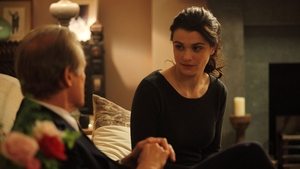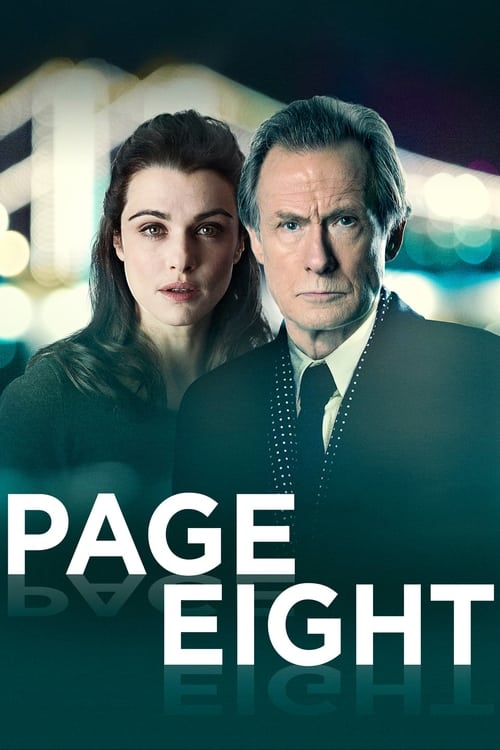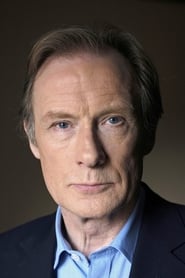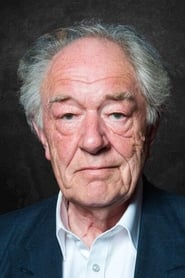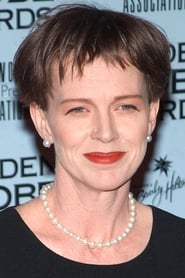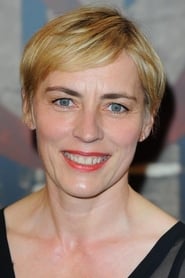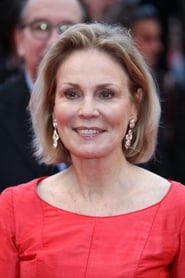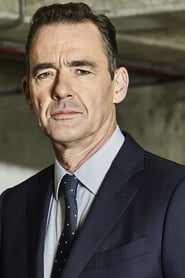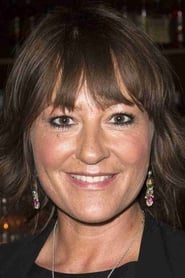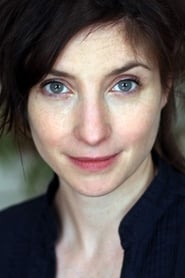Cast
View AllBill Nighy
as Johnny Worricker
Rachel Weisz
as Nancy Pierpan
Ralph Fiennes
as Alec Beasley
Michael Gambon
as Benedict Baron
Felicity Jones
as Julianne Worricker
Tom Hughes
as Ralph Wilson
Judy Davis
as Jill Tankard
Rakhee Thakrar
as Muna Hammami
Saskia Reeves
as Anthea Catcheside
Ewen Bremner
as Rollo Maverley
Marthe Keller
as Leona Chew
Richard Lintern
as Max Vallance
Holly Aird
as Anna Hervé
Alice Krige
as Emma Baron
Kate Burdette
as Allegra Betts
Crew
Director
- David Hare
Writer
- David Hare
Producer
- David Heyman
- David Barron
Reviews
Peter McGinn
I enjoyed this espionage movie a lot. It followed a major unwritten rule of spy thrillers, which is to have the hero not know who he can trust at any time, but still they kept the plot from spinning off into confusion and paranoia that feeds some espionage films.
I have come to appreciate Bill Nighy’s acting more and more as I see his work. He reminds me of Mark Rylance, an actor equally skilled as the lead or in a supporting role, who doesn’t shout a lot or violently emote, but rather nails his part in the quiet, convincing moments.
There is no supervillain here, no Mr. Big or Goldfinger to defeat in a climactic special effects-laden final scene. In a way, the American government is the bad guy, or even the head of the department our hero works for. I couldn’t quite decide if it irritated me that our nearly frail, nearly elderly hero could still effortlessly cause a beautiful young woman to attach herself to him, but it surprisingly (to me) remained just a flutter in the plot, not very serious in the end.
I have been meaning to watch this movie for a few years and I am glad I did.
Feb 19, 2021
Thematic Analysis
As a dramatic work, Page Eight examines complex human relationships and emotional struggles against the backdrop of contemporary challenges that mirror our own experiences. The character development particularly stands out, offering viewers a chance to reflect on their own life journeys.
Director David Hare brings their distinctive visual style to this film, continuing their exploration of themes seen in their previous works while adding new elements. Their approach to character development and emotional depth creates a viewing experience that rewards close attention.
Released in 2011, the film exists within a cultural context that continues to evolve with our understanding of its themes. Its reception demonstrates the diverse reactions to its artistic choices and its place in cinema history.
Did You Know?
- The production of Page Eight took approximately 21 months from pre-production to final cut.
- The final cut of the film runs for 99 minutes, though the director's initial assembly was reportedly 128 minutes long.
- Several scenes were filmed in multiple locations to capture the perfect setting.
- Some visual effects sequences took up to 11 months to complete.
- The musical score contains over 50 unique compositions.
Historical Context
- In 2011, when this film is released:
- Climate change awareness was becoming a central global concern.
- Smartphones and social media had transformed daily life and communication.
- Streaming platforms were disrupting traditional distribution models and changing how audiences consumed films.
How This Film Stands Out
While Page Eight shares thematic elements with other films in its genre, it distinguishes itself through its unique approach to storytelling, visual style, and character development.
Unlike The Juror, which takes a more conventional approach to its subject matter, Page Eight offers a fresh perspective through its innovative visual language and narrative structure.
While films like Gone in Sixty Seconds and Carrie explore similar territory, Page Eight stands apart through its distinctive directorial vision and pacing.
This film's unique contribution to cinema lies in its bold artistic choices and willingness to challenge viewer expectations, making it a valuable addition to its genre.
Details
- Release Date: August 28, 2011
- Runtime: 1h 39m
